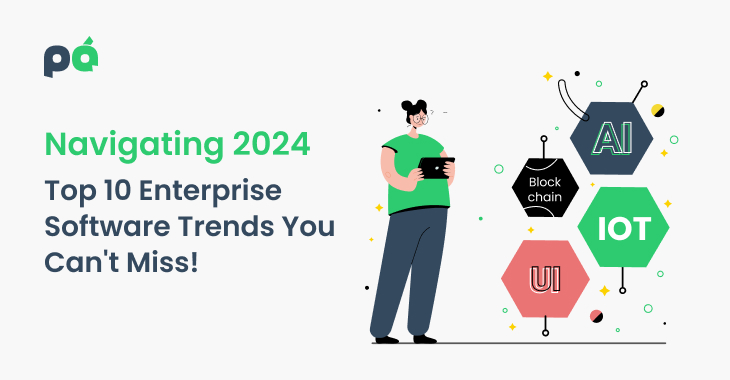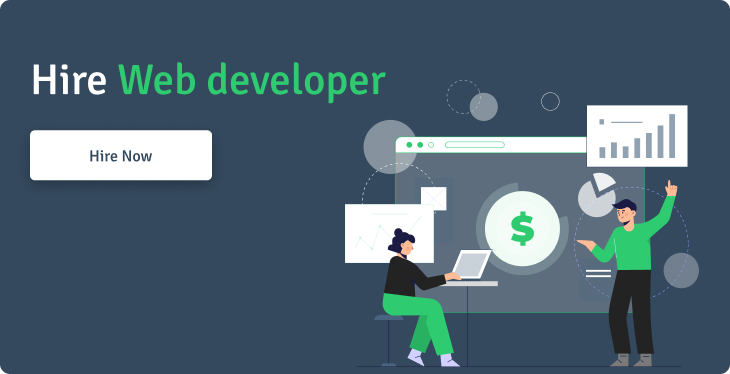10 Top Enterprise software trends to follow in 2024
Introduction
As I looked into the future of enterprise software, I found 10 trends that will shape how companies use technology to help them do business. These technologies will play a major role in shaping the future of enterprise software.
Artificial intelligence
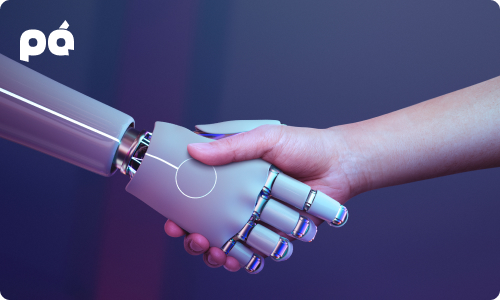
Artificial intelligence (AI) is a broad term used to describe the ability of computers to learn, reason and make decisions for themselves.
AI has been around since the 1950s, but only recently have companies begun adopting it in their enterprise software.
For example, if you use Salesforce or Microsoft Dynamics 365 for customer relationship management (CRM), your customer data will be stored in an intelligent database that learns from past interactions with customers so that it can predict their needs more accurately than ever before.
This allows companies to serve their customers better than ever before through personalized experiences–whether those interactions happen via email or phone call or even face-to-face meetings at trade shows where attendees are greeted by name before they even walk up to booth staff members’ tables!
In addition to being able to personalize interactions based on previous encounters with each individual customer (or prospect), AI platforms also allow organizations’ leaders access valuable insights into how teams work together best–including which individuals within those teams perform best under certain circumstances–so they can make smarter decisions about hiring new talent into roles where they’ll succeed most often throughout different stages within their careers.”
Machine learning
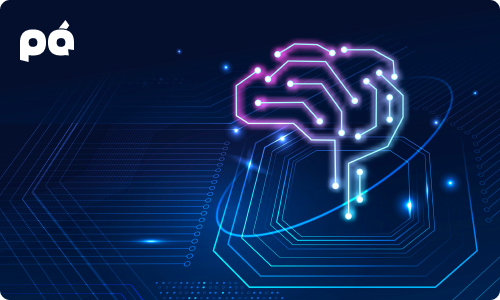
Machine learning is a type of artificial intelligence (AI) that allows systems to improve their performance without being explicitly programmed. It's used in many enterprise software applications today, including databases and analytics tools.
In machine learning, data is used to make predictions about the future--for example, "this customer has high credit risk." The system then uses these predictions as inputs for decisions about what to do next--for example, "approve or deny this loan application." In addition to making better business decisions based on historical data and known patterns in your industry or vertical markets, machine learning can also improve your software's performance over time by continually adjusting its settings based on new information that comes in from customers or other sources like market trends.
Blockchain

Blockchain is a decentralized, distributed ledger. It's like a digital version of the ledgers that banks keep to track money. Blockchain technology allows people who don't know each other to make transactions and keep track of them efficiently without needing to go through a middleman like PayPal or Venmo.
Blockchain is also known as "distributed ledger technology" (DLT). A blockchain consists of blocks which hold batches of valid transactions that are chained together through cryptographic links to ensure they remain intact as new blocks are added onto them in chronological order by different computers across the network at regular intervals (about every 10 minutes).
Cloud computing

Cloud computing is the delivery of computing services over the Internet. Cloud computing allows companies to outsource their IT infrastructure to a third party, which can be a large cloud provider like Amazon Web Services (AWS) or Microsoft Azure, or it could be an independent consulting firm that specializes in cloud architecture and implementation.
Cloud computing is a popular choice for small and medium-sized businesses because these organizations don't have the resources necessary to maintain an onsite server infrastructure. However, enterprise-level organizations also benefit from this technology because it provides them with flexibility when managing their data centers as well as access to new technologies without having to invest heavily in capital expenditures (CAPEX).
User experience design

User experience design is a key differentiator for enterprise software products. The importance of good user experience has been recognized by both customers and developers, with many enterprises now adopting UX practices to create better experiences for their end users. User experience (UX) refers to how someone interacts with a product or service, whether it's through an app on their phone or website on their desktop computer.
It's about how easy it is for people to complete tasks using the product--and what happens when something goes wrong?
A good example of this trend can be seen in Salesforce Einstein Analytics' visual predictive analytics capability: By integrating machine learning into its analytics platform, Salesforce is able to provide actionable insights before they're even needed by providing visualizations that help users understand complex data sets at a glance before performing further analysis if necessary.
Collaborative software development

Collaborative software development is a new way of working. It's a way to develop software in a more collaborative way, allowing multiple people to work on the same project at the same time.
You can do this online or in person, but it helps if everyone involved has access to the same tools and information so that they can see what everyone else is doing at any given moment.
Digital transformation of enterprise software

Digital transformation is a fundamental shift in how organizations operate. It's not just about technology--it's about business strategy, culture and people. Digital transformation enables organizations to achieve higher levels of innovation, agility and growth by adopting new ways of working that add value for customers and make them more competitive.
Digital transformation is a way to improve the customer experience by changing the way you do business with them through digital channels such as websites or mobile apps; it also helps companies keep up with competitors who may be doing it better than you are now (or could do so in future).
Security and compliance

Enterprises are often under pressure to stay compliant with regulations and standards. This is especially true if they operate in industries where compliance is a common requirement, such as finance or healthcare. The same goes for security: if you're handling sensitive data then it's critical to keep your systems secure at all times.
There are many reasons why these two topics are so important for enterprise software providers in 2024--and beyond!
IoT and edge computing integration with cloud-based applications and services
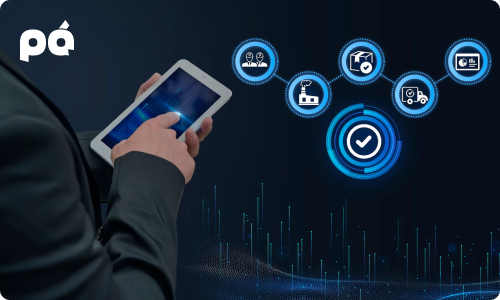
IoT and edge computing integration with cloud-based applications and services.
IoT devices are sending data to the cloud, where it's processed and then sent back to the edge. This allows for real-time data processing as well as better decision making based on real-time insights.
These technologies will play a major role in shaping the future of enterprise software

These technologies will play a major role in shaping the future of enterprise software.
Artificial intelligence (AI) and machine learning are already helping companies use data more effectively and make better decisions, but their potential is just beginning to be realized. AI-powered applications can soon be used by businesses to optimize processes, predict outcomes and improve efficiency across every aspect of operations. In addition to reducing costs through automation, these technologies also have the potential to increase revenue by improving customer satisfaction through personalized experiences based on real-time data analysis.
Blockchain has already shown its value as a secure way to store records or execute transactions without third-party intermediaries such as banks or other financial institutions -- but it could also become an essential part of any modern IT infrastructure going forward because it provides secure access control while maintaining privacy between parties involved in any given transaction
Conclusion
The enterprise software industry is changing rapidly, and it’s important for vendors to keep up with these trends. By 2024, we expect artificial intelligence (AI), machine learning (ML), blockchain technology, cloud computing and other emerging technologies will play a major role in shaping the future of enterprise software.

